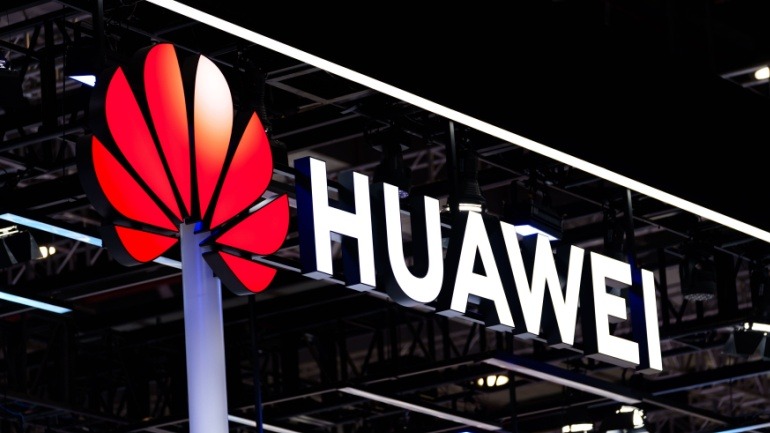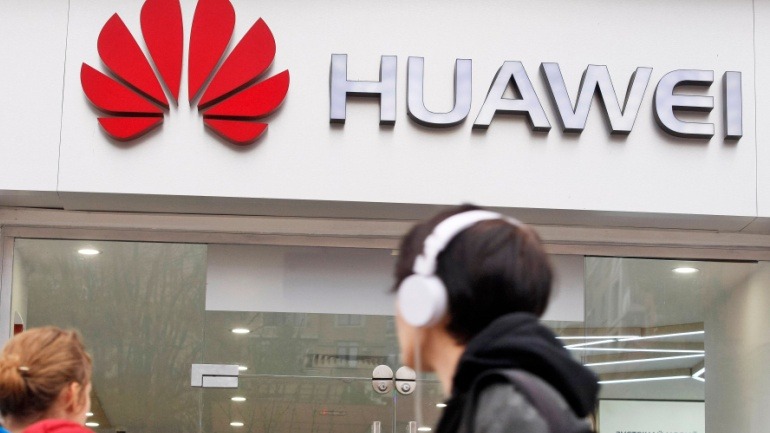Germany, Europe’s largest economy, has officially banned critical components from Chinese telecom firms Huawei and ZTE in its 5G network infrastructure. This long-anticipated decision aims to address growing security concerns regarding Chinese telecom equipment. The ban is set to roll out in two phases: by the end of 2026, German telecommunications companies must eliminate Chinese equipment from core networks, including data centers. By 2029, this removal must extend to 5G access and transport networks.
Interior Minister Nancy Faeser defended this action, stating, “We are protecting the central nervous systems of Germany as a business location — and we are protecting the communication of citizens, companies and the state.” Additionally, she emphasized the need to “reduce security risks and, unlike in the past, avoid one-sided dependencies.”
The ban has triggered a strong response from China. According to Xinhua, the Chinese embassy in Berlin claims, “there is no evidence indicating that these Chinese companies are a danger to any country.” They argue that the “network security risks” are merely a pretext for certain countries to maintain technological dominance and suppress competitors, and they warn that Germany’s handling of this issue will be a touchstone for its business environment.
Huawei insisted that they have been a “continuously innovative, secure, and reliable telecom equipment supplier in the German market” for the last 20 years, and they see no evidence of cybersecurity risks in their technology. Huawei also committed to cooperating with German customers and partners to enhance cybersecurity and propel mobile network construction and digitalization in Germany.
Over the past four years, Germany had avoided a full-scale ban on Chinese telecom equipment, opting instead for stricter security guidelines and leaving decisions largely to network operators. This new formal ban positions Germany alongside other European countries like the UK, which banned Huawei in 2020, requiring full removal by 2027. Nations such as Sweden, Denmark, Estonia, Latvia, and Lithuania have also banned Chinese equipment outright.
However, not all European nations have followed suit. Countries such as Spain, Portugal, Holland, Austria, Switzerland, and Finland still depend significantly on Huawei equipment in their networks. This divergence in policy reflects the broader debate on balancing technological innovation with national security concerns, and how different nations navigate these complex issues.







